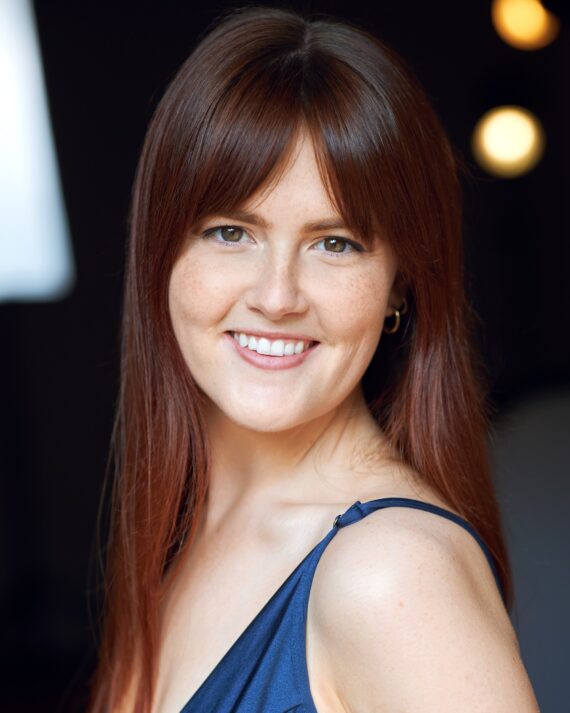One to watch: Phoebe Rayner

Supporting emerging talent is a huge part of our mission here at The Stoller Hall, and is a fundamental part of our live music programme.
Our Emerging Artists Scheme supports early career artists from a range of genres and backgrounds. Over the next 12 months, we’ll be presenting events featuring diverse mix of musical genres, including classical, jazz and folk.
On 13 September 2023, we welcome Phoebe Rayner to the Stoller stage! Phoebe is a mezzo-soprano and H R Taylor Charitable Trust Scholar studying at the Royal College of Music with Amanda Roocroft. She is a 2022-23 Britten Pears Young Artist specialising in contemporary music and the development of new works. She has a passion for contemporary vocal repertoire, premiering works by Professor Rachel Beckles Willson, Philip Grange, Cee Haines, and various student composers within the past year.
We asked Phoebe about her career so far and advice to young musicians.
How did you become a mezzo soprano?
Growing up, I was inspired by theatrical singers like Cathy Berberian and Yma Sumac that challenged pre-conceptions of the classical voice, and knew it was a career I wanted to pursue.
What does it mean to you to be supported through the Emerging Artists Scheme?
As a recent graduate, this scheme has been an excellent support and provided me with brilliant performance opportunities and industry contacts.
Why do you think music is so important and why should young people give singing a go or pick up an instrument?
Beyond learning a craft, studying classical music is a way to be exposed to other cultures and languages, discover artists and writers, and explore characters and points of views different to our own. This being said, new and diverse voices are what the genre needs in order to evolve and resonate with modern audiences.
What is your advice to younger people who have ambitions to become a professional musician?
Work with as many people as you can from different practices, being a good colleague and collaborator is essential to the profession.
Beyond the discipline and hard-work needed to become a musician, make sure to engage in the fun and creative aspects of it.
What are your hopes for the future?
To continue to work on projects that challenge pre-conceptions of the classical voice, ideally collaborating on new, interdisciplinary works. I’d love to establish a career originating roles in contemporary opera.


